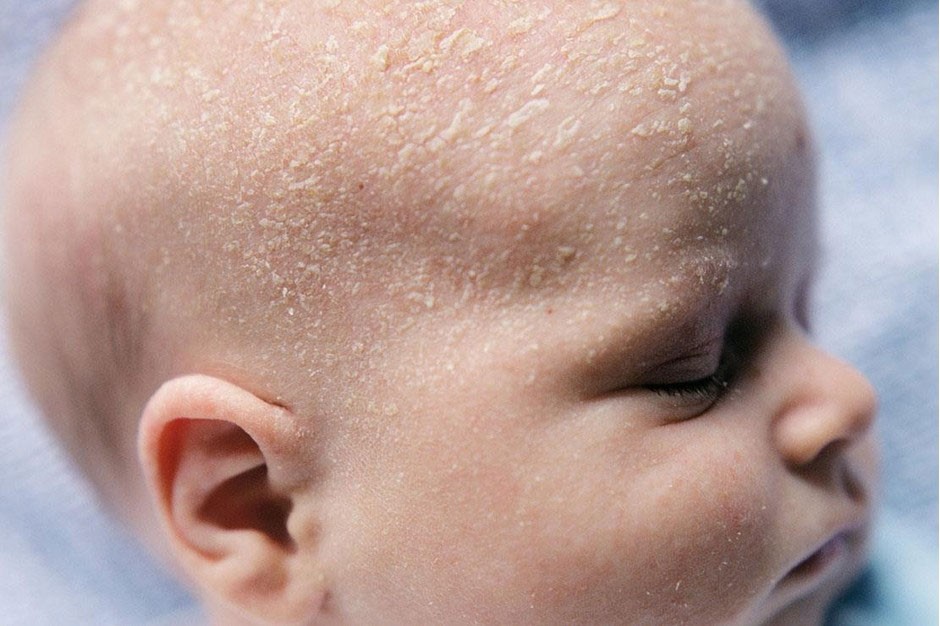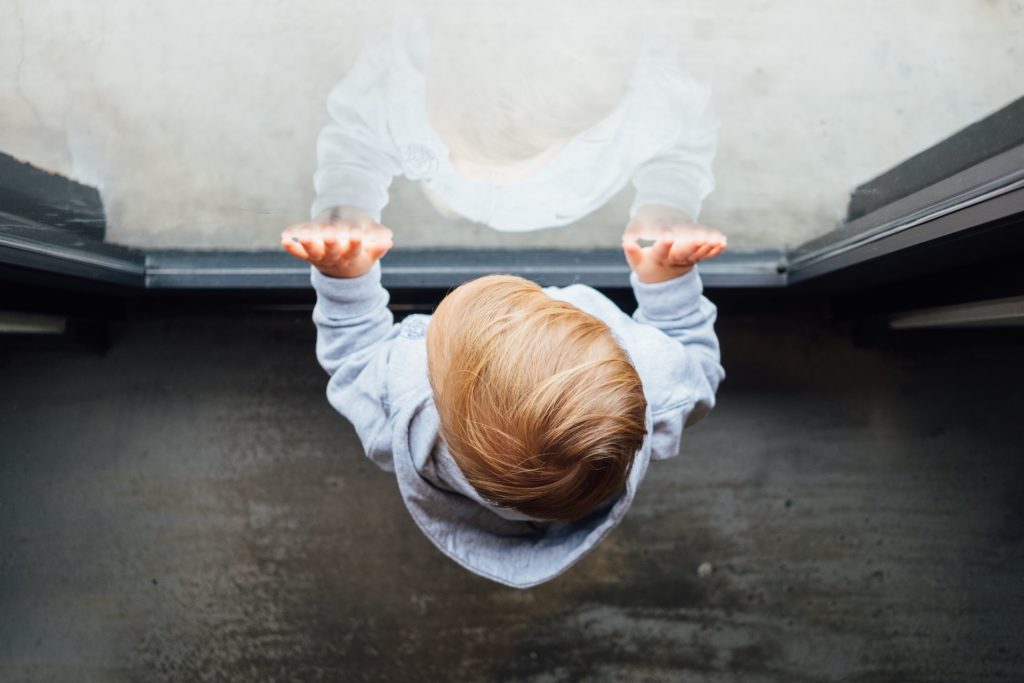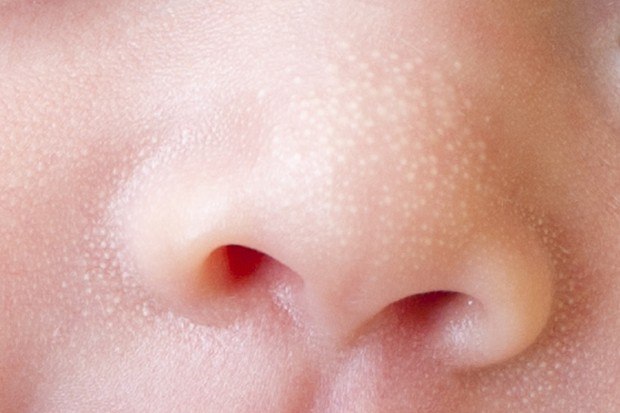Newborn care
Newborn Care Routine & Tips: Your Essential Practical Guide
Welcome to mothernity’s newborn care routine and Tips Guide. Moving beyond the hospital, the daily realities of baby care can be daunting. This comprehensive resource focuses on the practical, hands-on skills you need—from mastering nappy changes and safe sleeping to recognising common health symptoms and navigating feeding.
Building Confidence in Daily Baby Care
This guide emphasises parent Experience and provides actionable routines. All safety advice is aligned with UK pediatric guidelines.
DISCLAIMER: This content is for informational purposes only. For sudden or concerning symptoms (especially related to feeding or reflux), always consult your Health Visitor or GP immediately.
Essential Health, Safety, and Prevention
This section covers critical topics where awareness and preventative action are key to your baby’s well-being.
Flat Head Syndrome (Plagiocephaly) Prevention
Plagiocephaly is common but preventable. As your previously most popular topic, this section needs detail. We outline the importance of tummy time and varying your baby’s head position during sleep and awake hours. Learn the key signs of Flat Head Syndrome and the simple strategies that prevent it from the earliest days.
Flat head syndrome: Causes, prevention, and treatment
Understanding Common Digestive Issues (GERD & Poo)
It’s normal for newborns to bring up milk, but persistent, forceful reflux may indicate GERD (Gastroesophageal Reflux Disease). We explain the difference and when to seek medical advice. Our complete Poo Guide decodes the colour, texture, and frequency of nappy contents, covering what to expect whether you are Formula Feeding or breastfeeding.
Recognizing reflux (GERD) symptoms in babies
A comprehensive guide to your baby’s poo
Mastering Daily Routine and Hygiene
The confidence in caring for a newborn comes down to mastering the essentials of their daily routine.
Diaper Changes and Supplies
Diaper Changes are constant. Our practical tips cover mastering different nappy styles, preventing leaks, and the best techniques for avoiding nappy rash. We review top-rated products that streamline the process.
10 essential items for hassle-free diaper changes
Bathing Your Baby
Bathing a newborn is often a source of anxiety, but simplicity is key. For the first few weeks, until the umbilical cord stump has completely healed, sponge bathing is the safest and easiest method. Use warm water and a clean flannel, focusing on creases and the nappy area. Once the cord has dropped off, you can transition to a small tub, ensuring the room is warm, the water is not too hot, and you always maintain a firm grip. Never leave your baby unattended in the bath, even for a second.
Common Skin and Reflexes
Newborns display several normal reflexes and benign skin conditions. We explain the Milia (tiny white bumps) and Cradle Cap (scaly scalp) and provide gentle, safe, at-home care techniques for managing them without harsh chemicals. We also discuss the startling Moro Reflex and how to comfort your baby through it.
Feeding and Sleep Comfort
Successful feeding and comfortable sleep are the bedrock of the fourth trimester.
Formula Feeding and Preparation
For parents choosing or supplementing with formula, preparation safety is paramount. We provide a safe, step-by-step guide to sterilising equipment and preparing feeds according to UK guidelines, addressing common questions about brands and quantities.
Formula-fed newborn feeding guide: How much is ideal?
Comfort and Sleep Aids
We discuss techniques to soothe newborns, including appropriate Dressing at Bedtime (layers, temperature safety) and the benefits and risks of swaddling versus leaving Arms Up for self-soothing.
The key to a calm and structured environment for your newborn lies in the right sleep setup, addressing both safety and comfort. Beyond the non-negotiable sleeping crib (or cot), which serves as your baby’s safe place for unsupervised rest, many parents find value in portable aids like a supervised sleep pod or cocoon. These items are ideal for daytime naps in the main living area, offering a snug, familiar spot where your baby feels secure and is easy to monitor. To further support a peaceful routine, the inclusion of a specialised sleep aid like Ewan the Sheep is highly recommended, as its soft light and comforting sound help condition your baby to fall and stay asleep by mimicking the calming environment of the womb.
3 essential buys for your newborn’s arrival
Conclusion: Motherhood Made Easy
Mastering the newborn care routine and tips is a process that requires patience and practice. By understanding the safety and practical elements, you can focus on enjoying every moment with your baby.
Visit our Baby Pillar Page for holistic advice.





